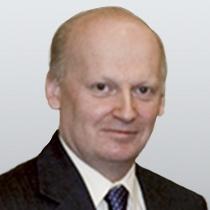The Royal Philharmonic Orchestra’s (RPO) recent 14-concert tour began in Santa Barbara, California, on Jan. 11 and ended at New York’s Carnegie Hall on Jan. 31, under the baton of its new music director, Vasily Petrenko.
I once had the very good fortune to film the RPO on a previous U.S. tour as part of a documentary I made to celebrate its 50th anniversary and then added to it to mark its 60th anniversary. Titled “Batons, Bows and Bruises,” it enjoyed a six-year run on the Sky Arts Channel in the UK.






